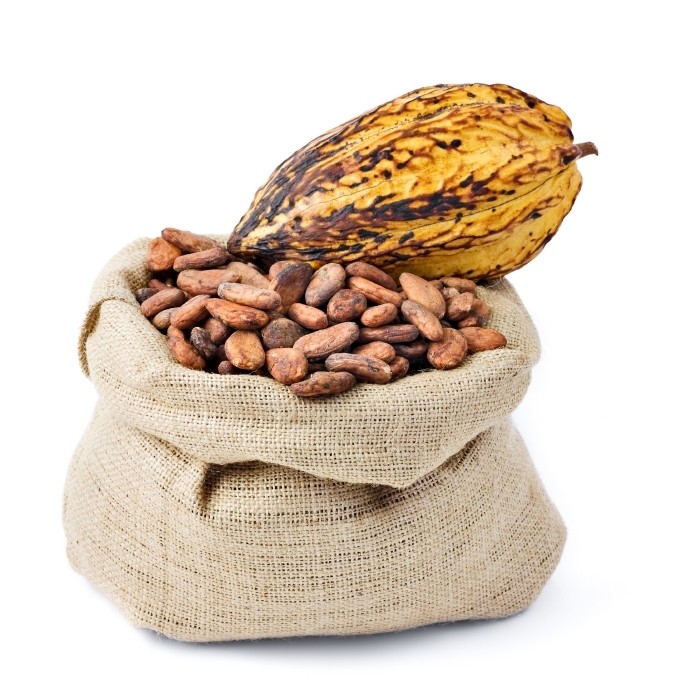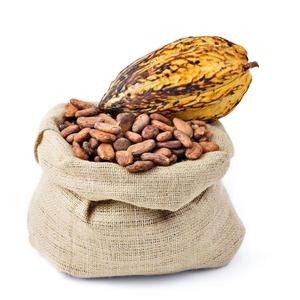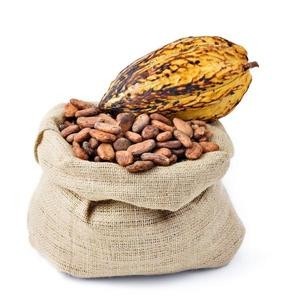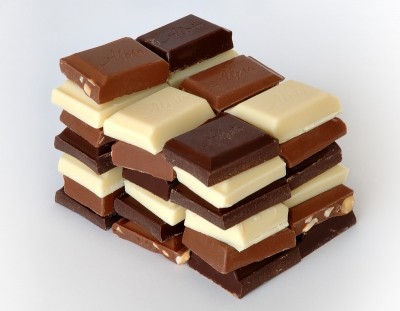Hershey: Cocoa polyphenols show weight management potential

Scientists from the Hershey Center for Health and Nutrition and the Pennsylvania State University report that polyphenols from cocoa inhibited various digestive enzymes in a dose-dependent manner, meaning the more consumed, the greater the effect.
“The present study provides the first evidence that cocoa extracts and cocoa procyanidins are potent inhibitors of key enzymes in the digestion of carbohydrates and lipids in vitro, and these inhibitory activities are related to polyphenol content in cocoa extracts,” wrote the authors in the Journal of Agricultural and Food Chemistry.
If supported by additional research, the findings suggest that cocoa polyphenols may find a role in the burgeoning weight management market, already estimated to be worth $7bn (€5.2bn) worldwide.
With 50 per cent of Europeans and 62 per cent of Americans classed as overweight, the food industry is waking up to the potential of products for weight loss and management.
Market breakdown
The slimming ingredients market can be divided into six groups based on the mechanisms of action - boosting fat burning/ thermogenesis, inhibiting protein breakdown, suppressing appetite/ boosting satiety (feeling of fullness), blocking fat absorption, carbohydrate blocking, and regulating mood (linked to food consumption).
Cocoa’s benefits
The health benefits of polyphenols from cocoa have been gathering increasing column inches in the national media. To date studies have reported potential benefits for cardiovascular health, skin health, and even brain health.
The majority of science into the potential benefits of cocoa have revolved around cardiovascular benefits of the flavanols (also known as flavan-3-ols or catechins), and particularly the monomeric flavanol (-)epicatechin.
Study details
Led by Penn State’s Joshua Lambert, the researchers tested how cocoa extracts could affect the activity of enzymes associated with the digestion of fat and carbohydrates, including pancreatic lipase, secreted phospholipase A2, and pancreatic alpha-amylase.
Three types of cocoa were tested: A cocoa extract that underwent regular processing; an extract that underwent minimal processing (also called Lavado) that is high in flavanols; and an extract that underwent minimal processing (also called Dutch-processed) that is low in flavanols.
“Among three cocoa extracts, lavado (meaning ‘washed’ in Spanish) cocoa undergoes the least processing (without fermentation or Dutch-processing), and this extract exerted the highest inhibitory activity against all three digestive enzymes,” report the researchers.
“By contrast, the Dutch-processed or alkali-treated cocoa, which is the most highly processed, showed the least inhibitory effect against the enzymes tested.
“Because it is expected that the lavado cocoa extract is the highest in polyphenols and flavanols, followed by the regular cocoa extract, and the least would be found in the Dutch-processed cocoa extract, these results suggest that the inhibitory effects of cocoa extracts are related to their polyphenol content,” they added.
The researchers said that additional in vitro studies would examine if enzyme inhibition activity of the polyphenol-rich cocoa extracts would be related to other metabolic effects and whether such effects would be achievable at doses observed from the diet.
Cocoa is not chocolate
In a recent review led by Gary Williamson from the University of Leeds but with the Nestlé Research Center at the time of the review, it was explained that: “Chocolate and cocoa are two different terms and are not interchangeable.
“Cocoa is the non-fat component of cocoa liquor (finely ground cocoa beans) which is used in chocolate making or as cocoa powder (commonly 12 per cent fat) for cooking and drinks.
“Cocoa liquor contains approximately 55 per cent cocoa butter and together this comprises cocoa solids, often referred to on chocolate packaging. Chocolate refers to the combination of cocoa, cocoa butter, sugar, etc. into a solid food product,” added the reviewers.
Source: Journal of Agricultural and Food Chemistry
Published online ahead of print, Article ASAP, doi: 10.1021/jf200180n
“Inhibition of Key Digestive Enzymes by Cocoa Extracts and Procyanidins”
Authors: Y. Gu, W.J. Hurst, D.A. Stuart, J.D. Lambert
















